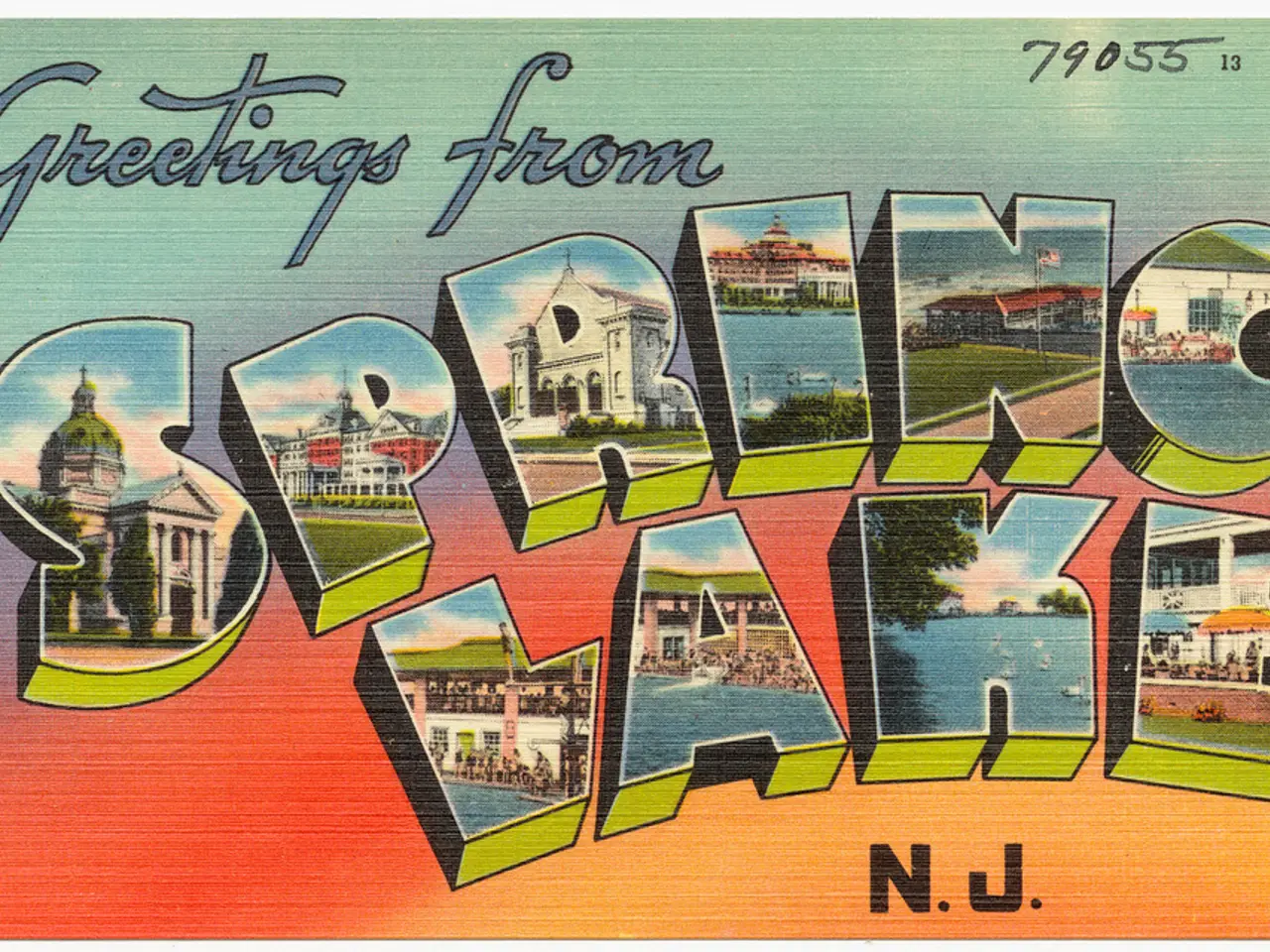Reduced humanitarian aid intensifies worries among residents on Lake Chad's coastline, fragile areas already impacted by militant activities.
The humanitarian situation in Chad's Lac region around Lake Chad is worsening significantly due to drastic cuts in foreign funding. This has led to the suspension of vital services and the scaling back of operations by UN agencies and humanitarian organizations, even as Boko Haram attacks, kidnappings, and violence continue.
Alexandre Le Cuziat, the WFP deputy director in Chad, recently stated that funds are declining, and they have to cut back on their operations [1]. The Chad's Lac region has been affected by cuts in the United States's foreign aid budget, which was the top bankroller of the World Food Programme (WFP), accounting for half of its funding [2].
Displaced people living near the lake, such as in the village of Yakoua, are surviving mainly through community support and limited humanitarian aid, which is no longer sufficient due to decreasing donor contributions [2]. The reduction in aid runs counter to the ongoing needs: camps for displaced people are expanding into permanent settlements, and insecurity from militants persists, which risks exacerbating poverty and creating recruits for extremist groups [2].
Food insecurity is acute; only a small fraction (11.8%) of those targeted by humanitarian food aid programs in Chad have actually received assistance due to funding shortages [5]. The humanitarian response to the crisis has been diminishing, with some donors pulling out their funding.
Historically, the Lac region and Lake Chad area gained international attention due to the brutal insurgency by Boko Haram, including mass abductions and attacks starting around 2014. While the crisis initially galvanized global aid, the region has since "faded into oblivion" with donors redirecting funds to other emergencies and neglecting the intersectional challenges posed by conflict and environmental degradation (Lake Chad has lost about 90% of its surface area over recent decades, worsening livelihoods and security) [1].
In the midst of this crisis, stories like that of Ahmat Moussa, a fisherman, who was attacked by Boko Haram militants in his isolated village on Lake Chad's shores, are all too common [3]. The WFP has suspended its flight service between the Chadian capital N'Djamena and Bol, making the journey by road, which is unsafe and takes a whole day [1].
The funding shortfall has forced humanitarian organizations to close several offices in the Lac region, including those of the WFP and the UN refugee agency [1]. Chad has prioritized sending emergency aid to its eastern border with war-torn Sudan, where more than a million Sudanese have fled since the civil war began in April 2023 [4].
As the humanitarian response plan for Chad is only at 11% of the 1.45 billion dollars required [6], it is crucial that donors reconsider their funding commitments to ensure that displaced people affected by Boko Haram attacks receive the necessary aid and support.
References:
- BBC News
- Al Jazeera
- Reuters
- The Guardian
- World Food Programme
- UN Office for the Coordination of Humanitarian Affairs
Read also:
- Vibrant Display of LGBTQ+ Pride in Bautzen: A Spectacle of Colors
- Company Group A reaches EBITDA balance; secures Annual Recurring Revenue (ARR) of approximately 4.15 billion Indian Rupees for the fiscal years 2025-2026.
- Wharton University of Pennsylvania presents: Business Foundations Capstone, a certification offered through our website.
- Experienced a first-hand account of an novice electric vehicle (EV) driver's candid feedback following a trial ride in an electric car




